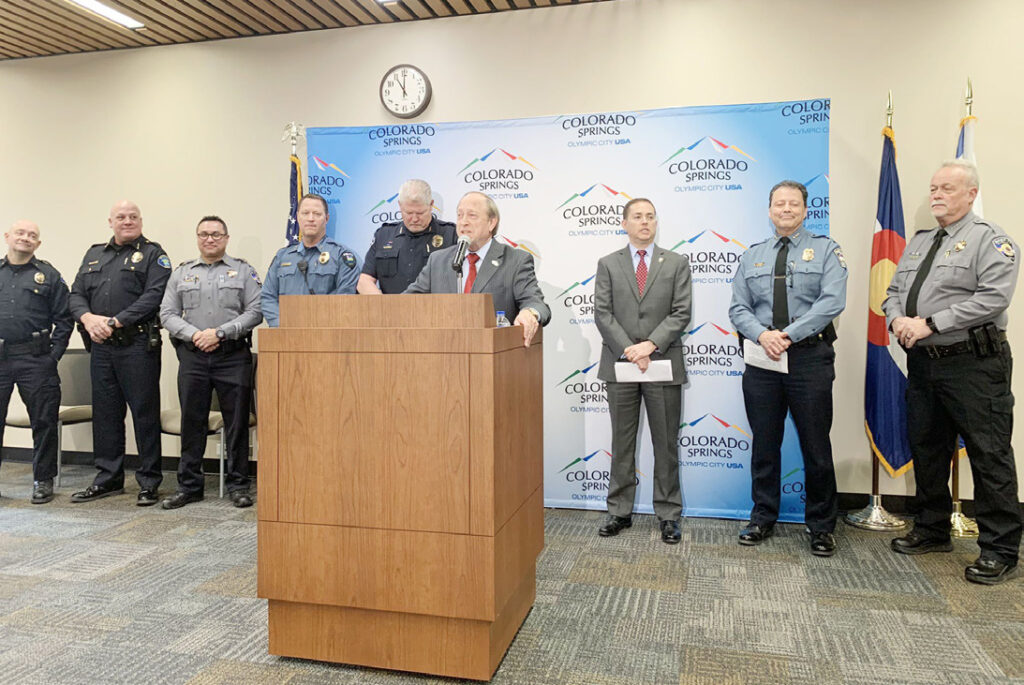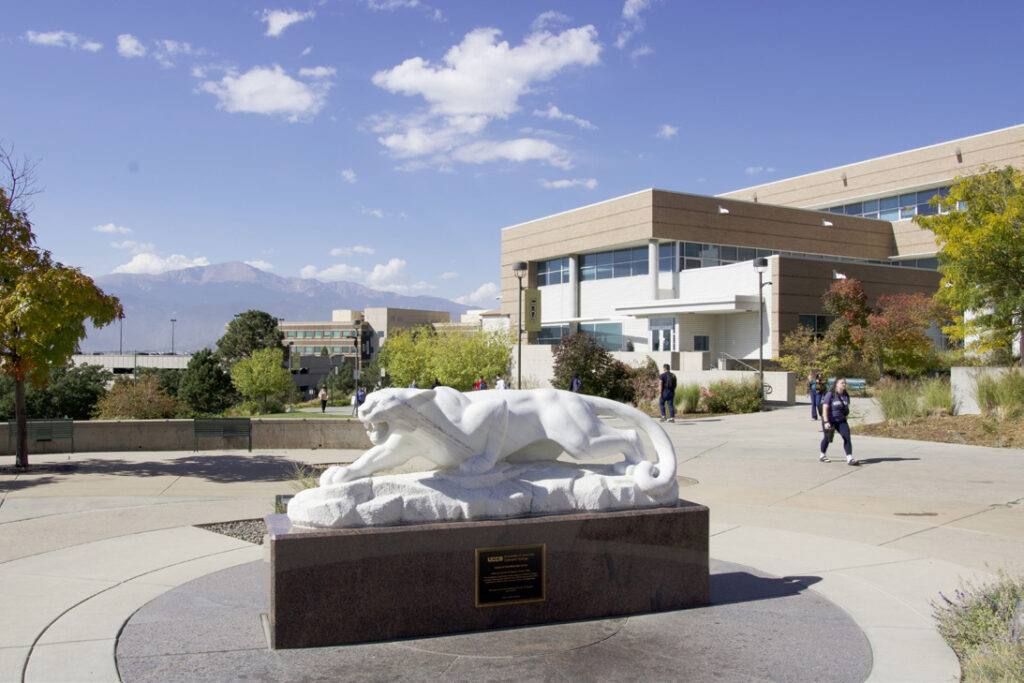According to documents obtained by a Colorado Open Records Act (CORA) request, the University of Colorado paid the law firm Brownstein Hyatt Farber Schreck $91,878.72 since March 31, 2024, for a safety review following the Feb. 16 murder of Samuel Knopp and Celie Rain Montgomery. Performing the review on behalf of the law firm is Colorado Springs Mayor John Suthers and Brownstein Hyatt Farber Schreck attorney Jason Dunn.
In a March 18, 2024, contract signed by the University of Colorado’s Managing Associate University Counsel Jeremy Hueth, Dunn explained the terms of the agreement. “In the course of our representation, it is anticipated that I will supervise and coordinate most of the work on this matter, with the assistance of John Suthers and any attorneys, paralegals, law clerks, legal assistants and other staff working with me,” he wrote. “My hourly rate is $890.00 … John’s hourly rate is also $890.00 … Given the public mission of the University, we are pleased to offer a 10% discount on those stated rates, to be reflected on our monthly invoices.”
According to Jeff Howard, the University of Colorado vice president for communications, the contract was awarded to Dunn’s firm based on their expertise and did not involve a competitive selection process.
“In March, UCCS Chancellor [Jennifer] Sobanet asked the University Counsel’s Office to engage external legal counsel to conduct an independent review of relevant campus policies and procedures related to the Feb. 16 incident,” said Howard in an email. “John Suthers and Jason Dunn, two well-respected members of the legal community with expertise in this area, were engaged to do this review. CU regularly engages legal counsel based on expertise, which is what we did with this engagement.”

Suthers, in addition to his time as mayor of Colorado Springs, has served as El Paso County’s District Attorney, United States Attorney for the District of Colorado, and Colorado Attorney General under former Republican Governor Bill Owens. Dunn has also served as United States Attorney for the District of Colorado and served as deputy attorney general under Suthers.
“Our goal with this project was to engage an independent third party to review the facts leading up to and including the incident that occurred on February 16 and to review relevant campus policies and procedures,” said Howard. “The review is still in process. We hope to receive the final report within the coming weeks. At the conclusion of this review, we will make public key findings as well as any policy or process changes they recommend.”
The murder raised concerns about the University of Colorado’s policy allowing concealed carry of firearms on campus. Concealed carry has been allowed on all campuses since 2012, after Colorado’s Supreme Court found campus gun bans unconstitutional. Colorado’s 2021 law, Senate Bill 256, allows local municipalities, including governing boards of universities, to pass stricter gun laws than the state’s laws. Following the murder, over 1,000 people signed an Action Network petition urging the University of Colorado Board of Regents to ban firearms on all University of Colorado campuses, however, this year’s Senate Bill 131, “Prohibiting Carrying Firearms in Sensitive Spaces,” now bans any person from knowingly carrying a firearm at “any public or private college, university, or seminary.”

Nicholas Jordan is facing two counts of first-degree murder for the deaths of Knopp and Montgomery. In March, Jordan’s defense team argued that he was incompetent to stand trial after Colorado’s Mental Health Hospital in Pueblo found Jordan incompetent, but a second competency evaluation was done by a private forensic psychiatrist hired by the District Attorney’s Office. In August, Judge David Shakes ruled that Jordan is competent to stand trial. His next court appearance is scheduled for Oct. 25.
[This article is a follow up to the Pikes Peak Bulletin column “Pam Zubeck has a few questions: Has UCCS addressed systemic holes?” in our Oct. 4 edition. — ed.]

